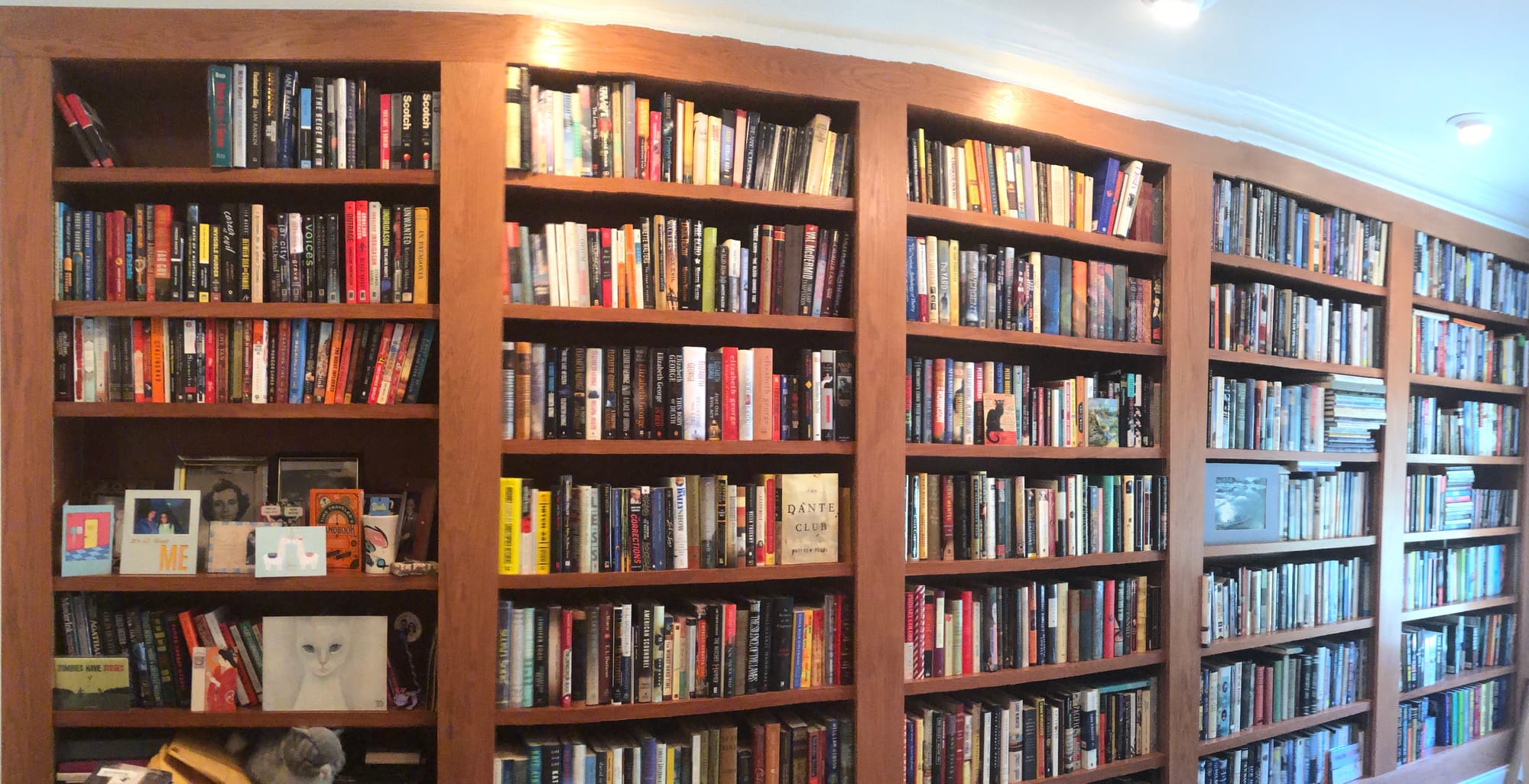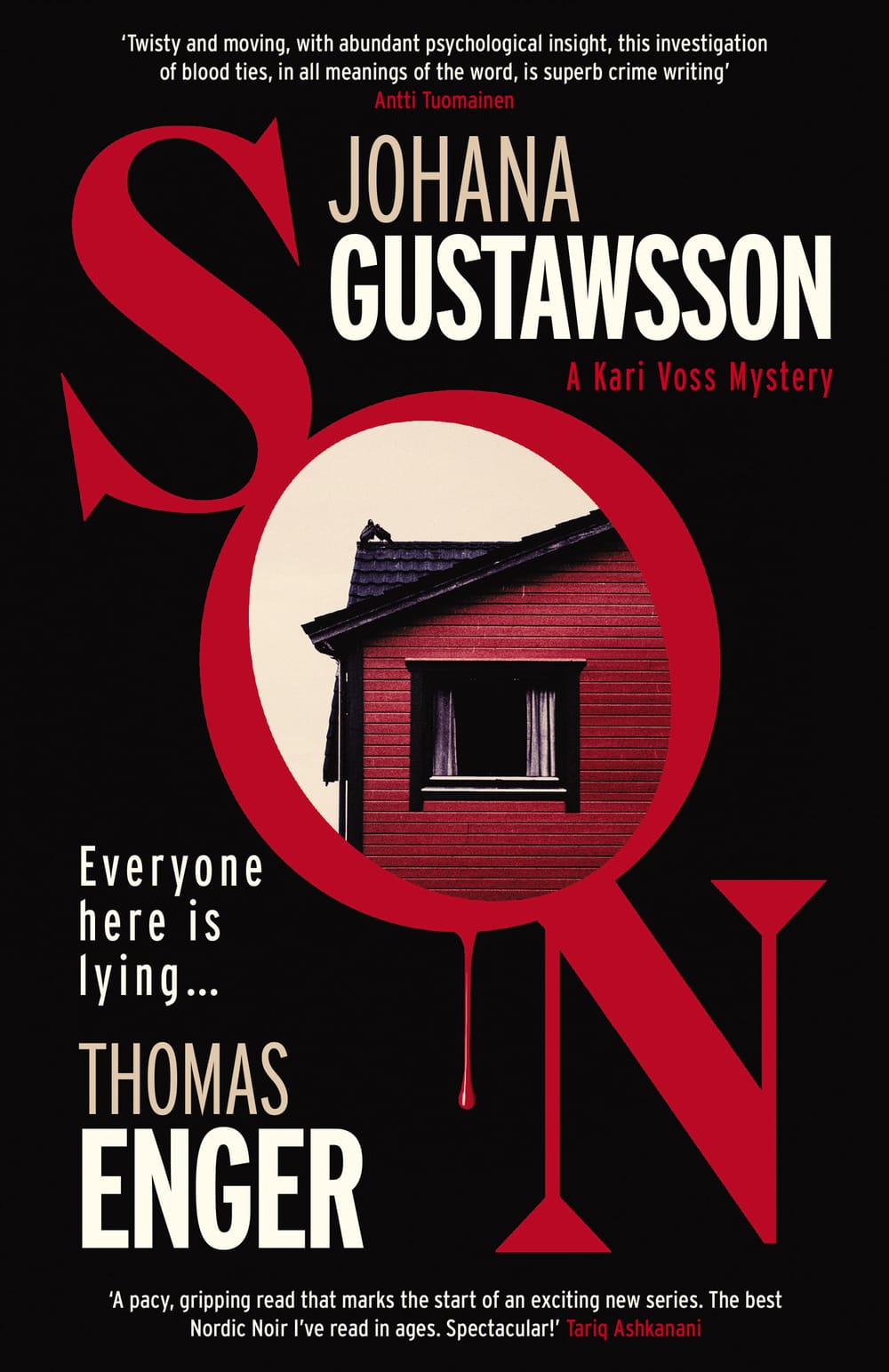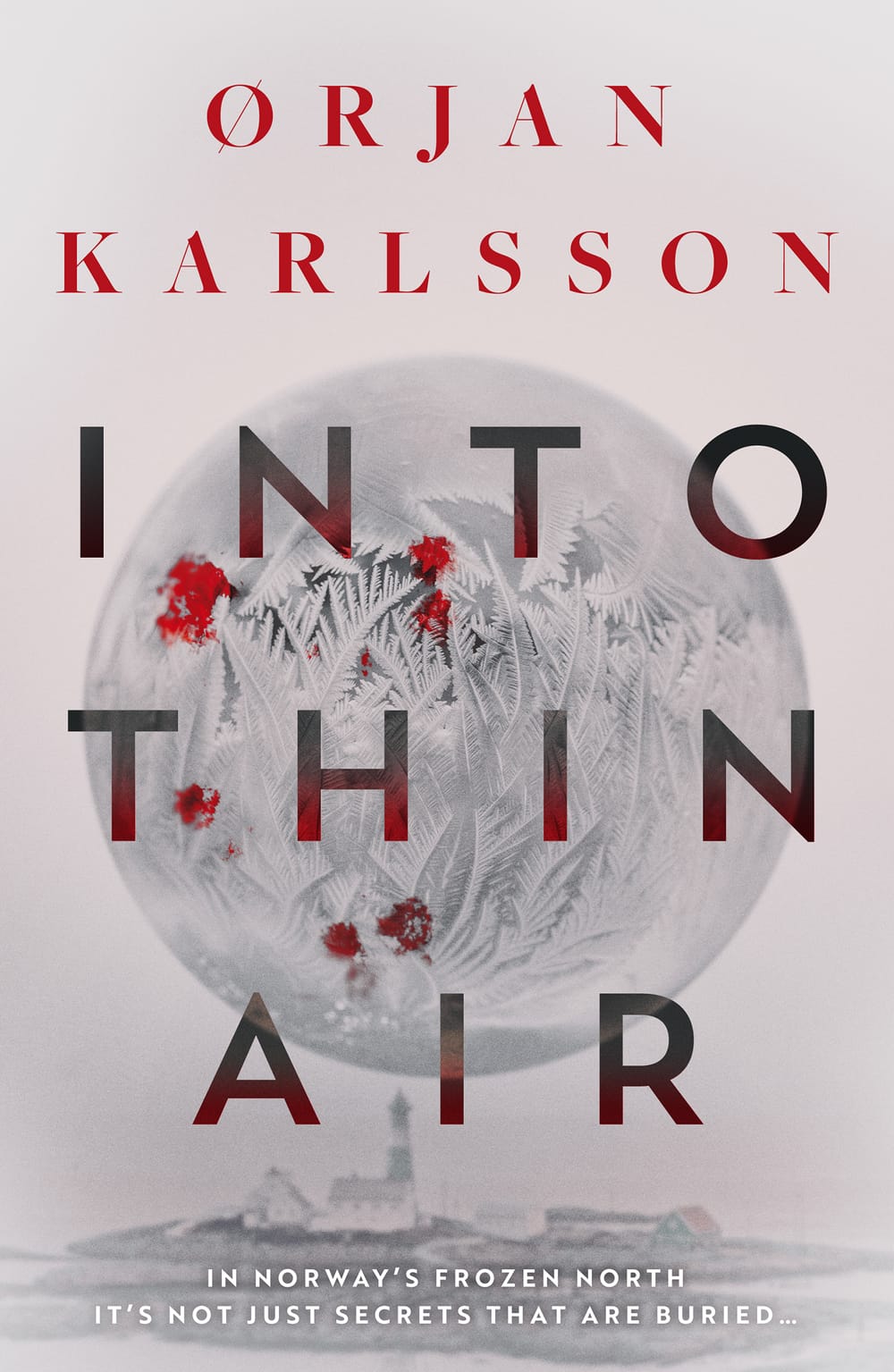Translated by Matt Bagguley | Published by Orenda Books.

“Happy families are all alike; every unhappy family is unhappy in its own way.”—Leo Tolstoy
I thought about this quote as I read “Toxic”; the terrifying new novel by Helga Flatland. Flatland weaves Norwegian folklore and song into her story to talk about women, past and present, who have flouted convention and tradition. It’s a masterful way to introduce the book’s main theme: the fate of women who don’t obey the rules. Flatland prompts the reader to wonder whether they bring down retribution on themselves, or are they victims of outdated social conventions?

Flatland evokes a feeling of dread as the story unfolds through the eyes of two characters: Johs, who runs a dairy farm with his parents, brother Andres and his family, and Mathilde, a teacher in Oslo. For many years, Johs’ family lived under the thumb of his (now dead) sadistic and self-absorbed grandfather Johannes. He tormented his wife and grandsons; once trying to burn down a house with his wife in it. Johannes was also a master fiddler who played traditional Norwegian folksongs. The music he played was based on tales of “disobedient” women such as Signe Skuldal, doomed because she dared to refuse the suitors her parents had chosen for her:
“Denied the chance to choose a spouse / Signe longed for some way out / and when they searched the following day / her corpse was found in Skuldals lake.”
Johannes’ daughter, Johs’ “Mum”, is just as frightening. Johs and Andres are so scared of her that she can bend them to her will merely with the twitch of an eye. The family works on the farm together in a state of fear and resentment, combined with the isolation of the covid epidemic.
The book then turns to another “disobedient woman”, Mathilde, who was raised by a women she also refers to as her “Mum”. Mum is actually Mathilde’s grandmother who took her in after her parents were killed in a car accident. This Mum tells Mathilde:
“No traditional gender patterns in that house,’ Mum will often say about my parents, ‘your mother changed the tyres, and your father did the laundry.’ ‘Did she really change the tyres on the car?’ I asked her a year ago. ‘No, perhaps not that exactly,’ said Mum, ‘it’s more like a metaphor for everything else she did, she was incredibly practical.’ “
Mathilde is self-absorbed, reckless, and has a dangerous obsession. She is having an affair with Jakob, one of her students. She shamelessly carries on with him and thinks about him constantly. However, her fantasies about a happy future with Jakob are destroyed when someone informs the school about the affair and Mathilde is fired. Her defensiveness and lack of guilt in her meeting with the principal make it clear that Mathilde cares nothing for the consequences of her actions.
To escape Oslo, Mathilde moves into a cottage rented from Johs and his family. Her impact on the family is profound; Johs and the married Andres desire her; their ferocious Mum doesn’t trust her from the moment she arrives. As we soon learn, Mum’s instincts are justified. Mathilde, as usual, acts as she pleases without any care for others.
The characters are expertly drawn, with distinctive traits and personalities that draw the reader into their lives. It’s no accident that both Johs and Mathilde have a “Mum” but the contrast between the two mothers could not be more apparent. It’s fascinating to speculate how each “Mum” influenced and shaped their respective children. The use of the first-person voice for Johs and Mathilde also works extremely well. We get to know them and the people around them from different viewpoints that make us question how much is true and how much is distorted.
What fate awaits Mathilde as she lands in the midst of this equally dysfunctional family? Well, as William Faulkner wrote ““The past is never dead. It’s not even past.” Past meets present in “Toxic” in so many unsettling ways, up until the book’s conclusion. I’d also like to mention the excellent translation by Matt Bagguley; it can’t have been an easy task to capture the subtleties and undertones of such a complex and absorbing book. “Toxic” is a superb and sinister novel and I look forward to reading Flatland’s other books.
Please buy/order this book at your local independent bookstore! To find yours, visit Bookshop.org and Indiebound in the US or Indie Bookshops in the UK/Ireland.





